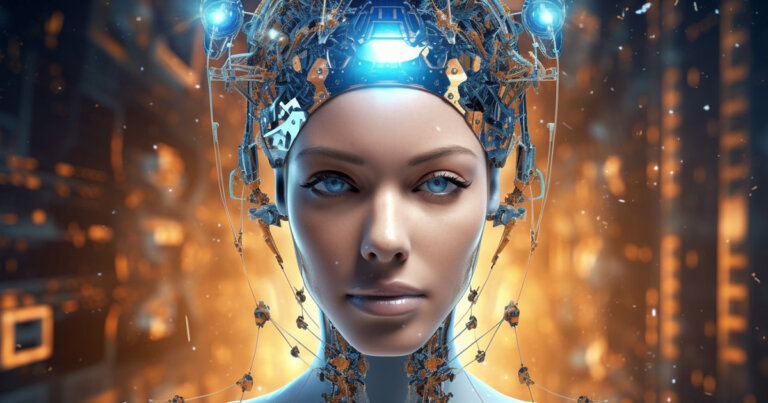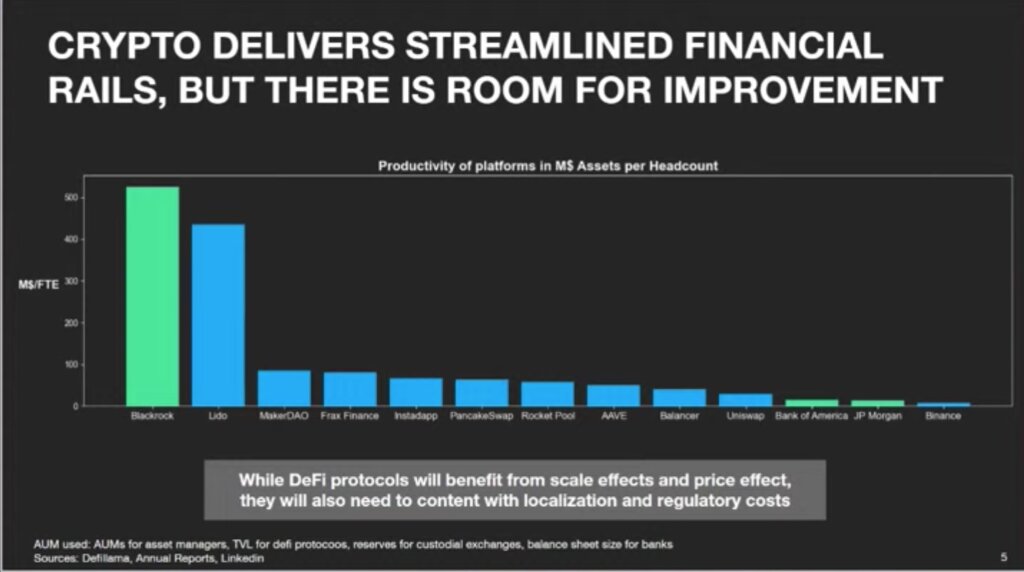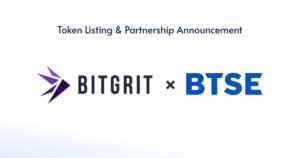 Cronos Labs urges Crypto-AI integration in 3 key areas
Cronos Labs urges Crypto-AI integration in 3 key areas Cronos Labs urges Crypto-AI integration in 3 key areas
Discover how Cronos Labs MD, Ken Timsit, highlights the high-impact use cases and limitations of blockchain-enabled AI at the Ethereum Community Conference.

Cover art/illustration via CryptoSlate. Image includes combined content which may include AI-generated content.
At the Ethereum Community Conference (EthCC) on July 19, Ken Timsit, Managing Director of Cronos Labs, delved into emerging use cases and limitations of blockchain-enabled AI.
Based on research from 200+ Cronos Accelerator applicants, Timsit aimed to cut through the hype and identify high-impact applications.
He organized crypto-AI innovation into three buckets: supercharging productivity, decentralized identity, and powering the AI economy.
10X Productivity and User Experience
“If you’re a blockchain builder…using AI to improve the productivity and user experience is where we see most of the value,” Timsit noted. Though crypto has not yet achieved the productivity of traditional finance, AI can help close the gap.

Marketing and customer support are ripe for AI infusion. For example, Binance’s Project Kindred generated free AI art for profile pictures. Timsit stated that “as a marketing tool, it clearly struck the imagination of users.”
Timsit also advocated that crypto projects use AI for “code development and testing,” commenting that OpenZeppelin employs AI for code security. ChatGPT can auto-generate Solidity code, though “human oversight is required.”
Building developer tools that incorporate AI is critical. As Timsit explained,
“If you’re thinking about building tools for blockchain developers, you have to incorporate products that make it easy for your users…to take advantage of AI features.”
Decentralized Identity Remains Challenging
Timsit argued that while AI is changing notions of truth and identity, it’s unclear if blockchain can help. Though blockchain could theoretically track data lineage, credential issuers have little incentive to record information on-chain.
“When the blockchain community has tried to work on supply chain provenance, it’s been a huge disappointment because no one who generates credentials has an economic interest in putting those credentials on chain,” Timsit explained.
Given AI’s propensity to “hallucinate” fake content, more research is needed to develop decentralized identity solutions. “It’s not clear that blockchain will contribute,” Timsit concluded.
Enabling Frictionless Commerce
Timsit sees blockchain’s censorship resistance as key to unhindered AI innovation, shielding developers from restrictive regulations influenced by tech giants. Crypto also readily enables global monetization and commerce for AI models and services.
However, running decentralized AI computing at scale still faces hurdles. As Timsit stated, “No one really knows how to run a decentralized GPU network efficiently to train a model.” Hardware security issues around distributing models privately also need solving.
Better prospects exist for commercial applications, according to Timsit, citing Fetch.ai, which uses crypto to pay for AI services between agents and Cronos Labs Accelerator participant CorgiAI, which has built a marketplace for prompt engineers using crypto payments.
Overall, Timsit argued for a practical approach focused on high-impact use cases like productivity gains. While powering the AI economy holds promise, more R&D is needed to overcome limitations. Blockchain’s best role is avoiding hype, which may be improving existing systems rather than re-inventing AI.



 Farside Investors
Farside Investors 





























































































